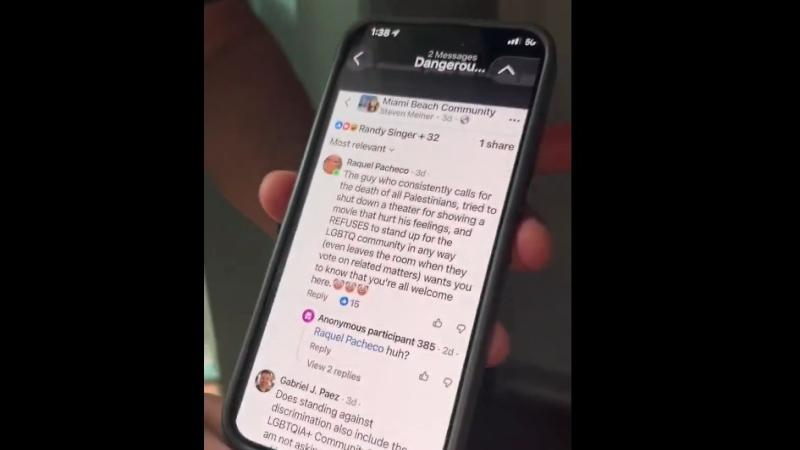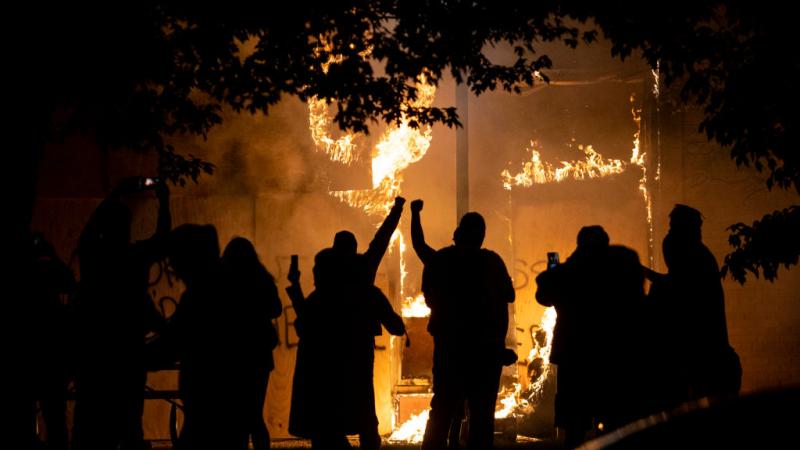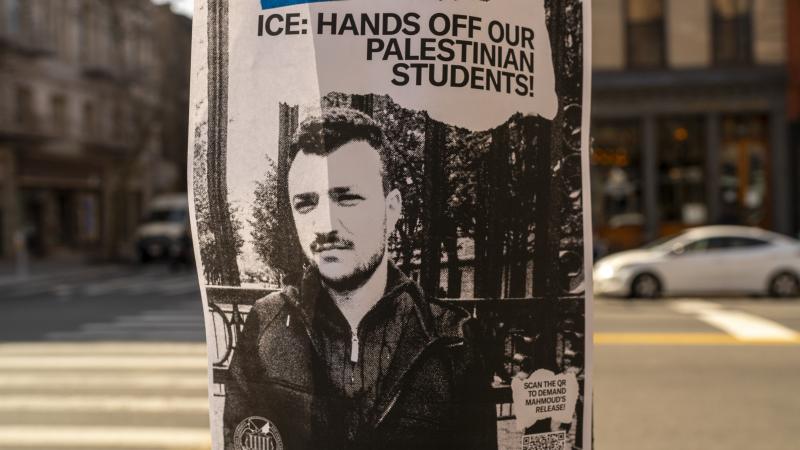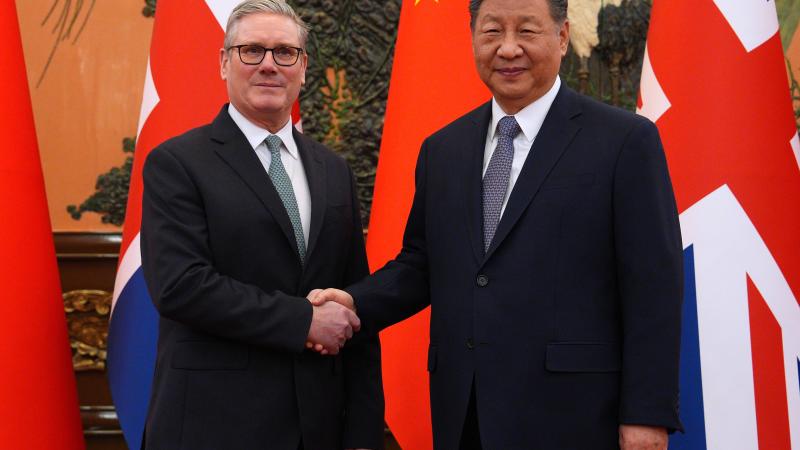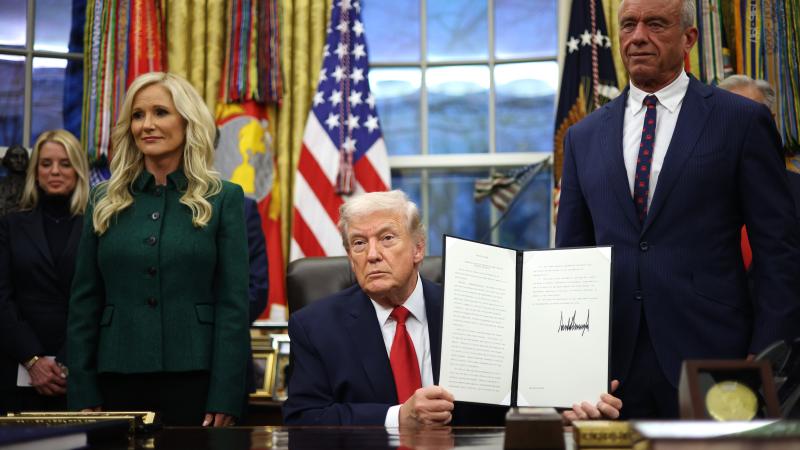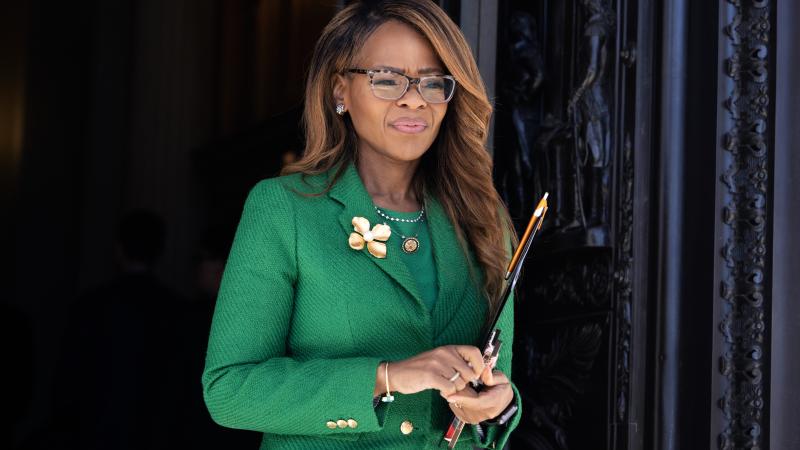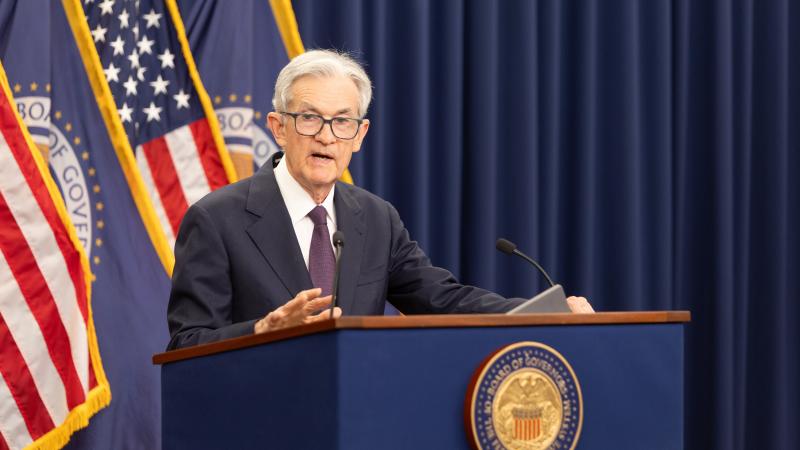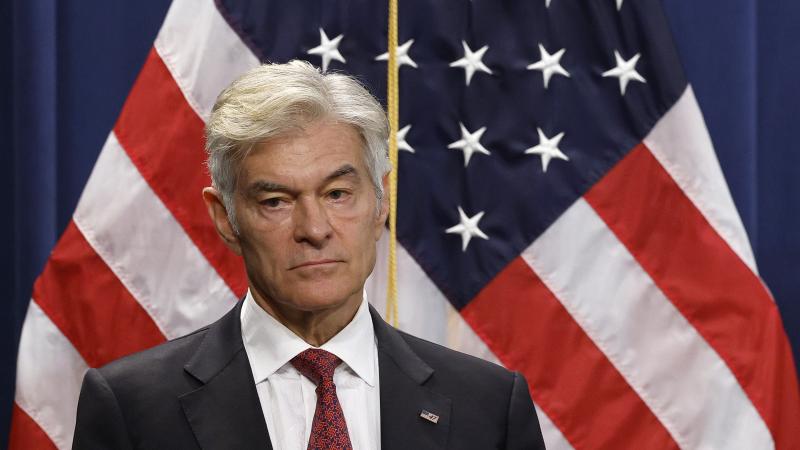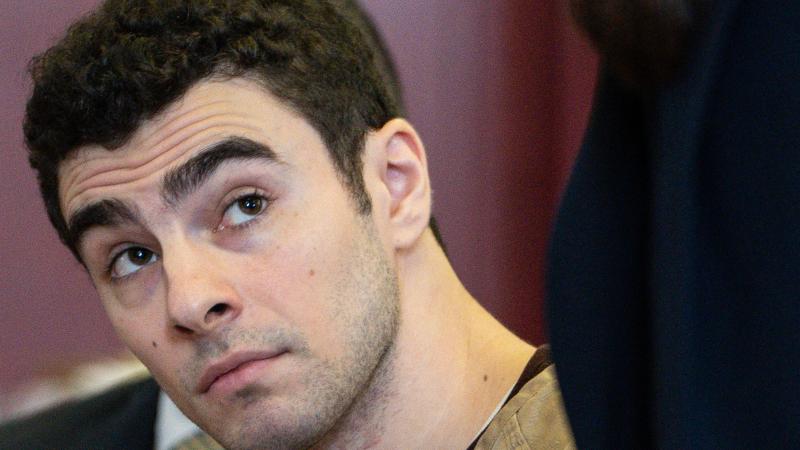Judge strips immunity from Ohio State officials for firing professor who 'triggered' student
Georgia State reverses ban on Christian apologist talking to students one on one - subject of SCOTUS precedent from 2021 - after legal warning letter, saving itself pricey settlement and officials personal liability.
Major decisions on campus free speech from the Supreme Court and an influential federal appeals court in recent years have apparently not reached public universities under their jurisdiction, given their treatment of faculty and a Christian apologist.
U.S. District Judge Michael Watson slapped down Ohio State University for allegedly violating its own lofty ideals by terminating a lecturer for his pedagogy in a "Crucial Conversations" class that he taught 48 times with no complaints from students, until one complained in the 49th.
The President George W. Bush nominee refused to dismiss Mark Sullivan's First Amendment retaliation lawsuit over his contract not being renewed following the human resources investigation into his classroom exercise on "simulating difficult conversations" that involve "intentionally triggering, provocative, disrespectful, or shocking language."
The decision opens by paraphrasing a 6th U.S. Circuit Court of Appeals ruling in 2021 against Ohio's Shawnee State University for punishing a professor who refused to address a transgender student in his philosophy class with preferred pronouns. Nicholas Meriwether later obtained a $400,000 settlement with the public university.
OSU officials could be held personally liable, the judge said. "Sullivan's First Amendment right to utter the n-word for educational purposes was 'beyond debate' when he was terminated, per then-existing U. S. Supreme Court and Sixth Circuit precedent," Watson wrote.
Georgia State University took nearly two months to back down from banning Steven Atkerson from continuing his "friendly one-on-one conversations with willing participants" about "the merits of his Christian faith" outside the designated free speech zone of its Perimeter College in Clarkston, according to his lawyers at First Liberty Institute.
SCOTUS in 2021 threw the fear of God into public college officials by affirming a student evangelist could sue Georgia Gwinnett College for "nominal damages" based on twice banning his campus evangelism – the first time for lacking a permit, and the second when passers-by complained – without requiring Chike Uzuegbunam to show economic harm.
The taxpayer-funded college agreed to pay $800,000 in attorney's fees to Uzuegbunam and a co-plaintiff whose intended evangelism was chilled.
The circumstances around Sullivan's non-renewal recall a 2020 controversy at the University of Southern California, which is private.
USC removed business professor Greg Patton, who taught a class on "intercultural business communication," for a lesson on Mandarin Chinese "filler" words, including one that can sound like a racial slur in English based on regional dialect, following complaints by black students.
It implied faculty could be punished if they "harm the psychological safety of our students," provoking a faculty revolt as well as backlash from Chinese alumni who claimed USC was denigrating their language by punishing Patton. USC later absolved Patton and even celebrated him when Patton won a "lifetime achievement award" last year.
Sullivan's course in OSU's business school, where he taught from 2015 to his termination in 2022, "won awards" and students "joined long waitlists for the opportunity to enroll," according to Judge Watson's ruling Friday. (The judge refers to the non-renewal as termination throughout the ruling.)
The purpose was to help graduate students "respectively engage in prickly, toxic, and/or dysfunctional conversations in the spirit of building more fruitful relationships in high-demand environments," and Sullivan warned students the language would offend them.
In one "role play scenario" he took on the persona of convicted mobster Whitey Bulger and read from "a real statement Bulger made to law enforcement," asking not to be housed with "a bunch of [n-word]s." Students were supposed to refrain from condemning Bulger's language in the interest of "obtaining Bulger's cooperation."
The last class he taught, in fall 2021, finally prompted a student complaint for Sullivan "being racially insensitive and offensive." While HR lead Robert Lount assured Sullivan in a phone call the school knew he was "performing his duties responsibly," four months later he was told his contract wouldn't be renewed.
OSU can't claim sovereign immunity because Sullivan filed claims against officials in their personal capacities and seeks reinstatement and monetary relief, the judge ruled.
Sullivan sufficiently alleged there was a "causal connection" between his protected speech and officials taking "adverse action against him," according to the ruling.
He spoke on a matter of public concern by quoting the n-word "for a separate, ultimate purpose" than simply triggering them, Watson wrote: "teaching them to converse productively despite having been triggered."
The judge noted the 6th Circuit upheld a similar utterance 20 years before Shawnee State in Hardy, in a lecture on how racial slurs "can marginalize and oppress." They both implicate "race and power conflicts in society – matters of overwhelming public concern."
Sullivan "implicitly" sided with grade-school educators decades ago who favored teaching To Kill a Mockingbird, which includes the n-word, to prompt "reflection on American history," teach children "precision" and prepare them to hear it in the "real world," the judge said.
OSU has "scant" interest in overriding Sullivan's academic freedom, Watson said, doubting that a single student complaining about a single utterance in 49 classes, and no further complaints the rest of the semester, qualified as "disruption." The university itself blessed the lesson until someone complained, further undermining its argument.
Other officials deliberated with Lount on the investigation, participated in and even approved the termination, Sullivan alleges, which he'll have to substantiate to defeat a future motion for summary judgment, the judge noted.
Watson identified "three clusters of circumstantial evidence" for Sullivan's utterance leading to his non-renewal under 6th Circuit precedent: investigating him for a student complaint, "temporal proximity" of five months between complaint and termination, and Senior Associate Dean Bennett Tepper's references to "the issue" and "HR" at Sullivan's exit interview.
OSU had to ignore 20 years of binding precedent, from the racial slur in Hardy to the refusal to use preferred pronouns in Meriwether, to let go Sullivan, the judge said. Officials are therefore denied qualified immunity, "at this stage of the litigation, at least."
Atkerson's lawyers mocked Georgia State's "non-sensical prohibition on invited, consensual conversations on campus" simply because of their religious nature in a legal warning letter Dec. 10. He didn't "speak loudly … use amplification" or even "preach," but simply talked to students one on one, several times with student Simon Walde.
At their April 9, 2024 conversation, Atkerson and Walde left the free speech area "because it was raining" and sat at a table "just outside the dining area," at which point armed police and the student engagement coordinator ordered them to return to the free speech area.
He was then told for the first time he must "refrain from approaching students, even within the free speech area," and the fear of arrest led Atkerson to comply, First Liberty said.
Both religious and "conversational" speech enjoy strong constitutional protections, the letter warns. SCOTUS struck down the Los Angeles airport's ban on "evangelistic conversations" by Jews for Jesus "because no conceivable government interest could justify it."
Precedent requires GSU to recognize "the right of citizens to reach the minds of willing listeners," First Liberty said. "Allowing someone to stay back and speak from behind a table does not satisfy the obligation."
First Liberty announced Tuesday that GSU had backed down and "Atkerson has returned to the campus and is allowed to speak freely with students."
GSU did not respond to Just the News queries Wednesday asking how the situation differed from the Georgia Gwinnett College case and why it would subject its officials to possibly losing their qualified immunity.
The Facts Inside Our Reporter's Notebook
Videos
Links
- Michael Watson slapped down Ohio State University
- 6th U.S. Circuit Court of Appeals ruling in 2021
- $400,000 settlement with the public university
- SCOTUS in 2021 threw the fear of God
- taxpayer-funded college agreed to pay $800,000
- provoking a faculty revolt
- backlash from Chinese alumni
- USC later absolved Patton
- Patton won a "lifetime achievement award" last year.
- 6th Circuit upheld a similar utterance 20 years before
- legal warning letter Dec. 10
- SCOTUS struck down the Los Angeles airport's ban
